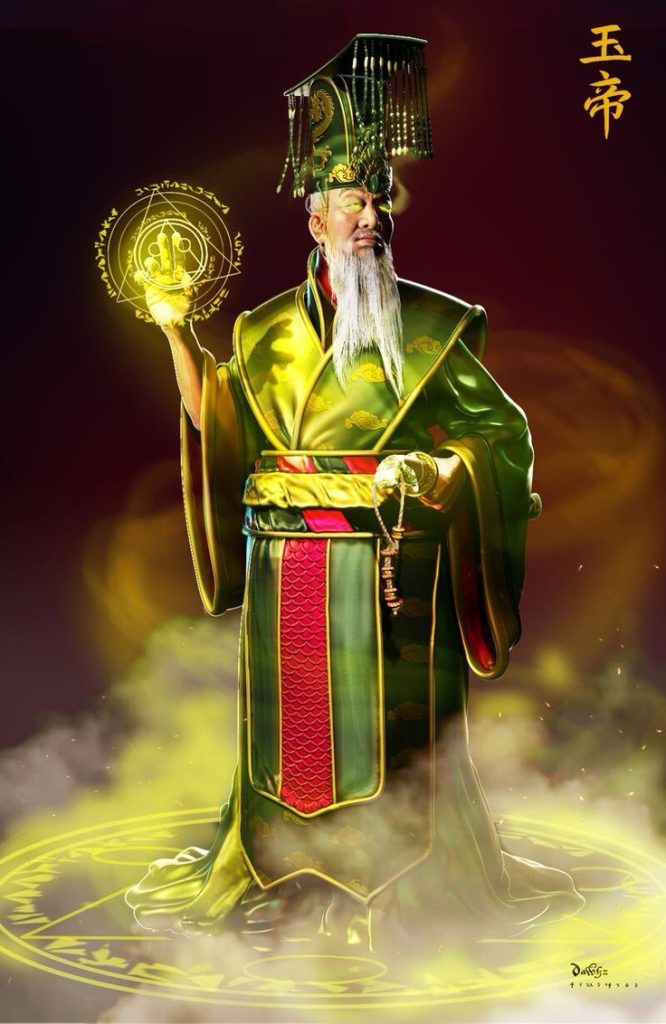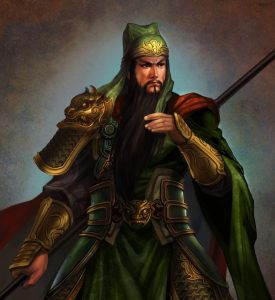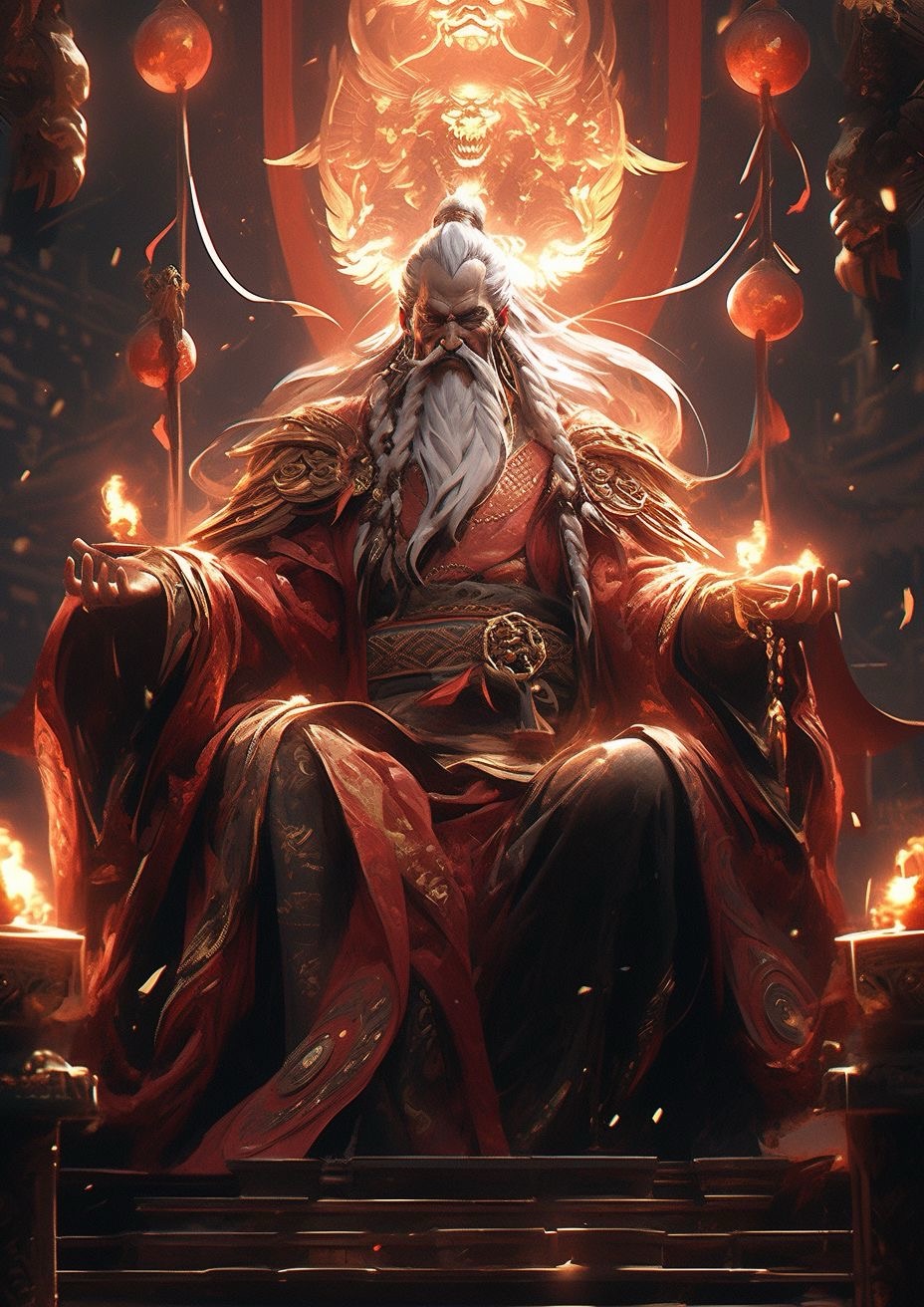
The Jade Emperor, also known as Yu Huang Shangdi or Yuhuang Dadi, is a prominent figure in Chinese mythology and folklore. He is considered the supreme deity and ruler of heaven in Taoism and is worshipped by many Chinese communities.
According to legend, the Jade Emperor ascended to his position after a long and arduous journey. It is said that he was originally a humble mortal named Xuanyuan Huangdi, who demonstrated exceptional wisdom and virtue. As a result, he was chosen by the gods to become the ruler of the heavens.
The Jade Emperor is often depicted as an elderly man with a long white beard, dressed in imperial robes and adorned with jade jewelry. He is believed to possess immense power and wisdom, overseeing the affairs of both gods and mortals. It is said that he has the ability to judge the actions and deeds of all beings and mete out rewards and punishments accordingly.
In Chinese mythology, the Jade Emperor is associated with various important festivals and traditions. One of the most significant is the celebration of the Chinese New Year, where he is worshipped and honored to ensure good fortune and blessings for the coming year. Many people pray to the Jade Emperor during this time, offering him incense, food, and other offerings as a sign of respect and gratitude.
The Jade Emperor is also a central figure in the popular Chinese folk tale “Journey to the West,” where he plays a pivotal role in the adventures of the Monkey King and his companions. In this story, the Monkey King seeks recognition and a higher position in the celestial hierarchy, ultimately leading to encounters with the Jade Emperor and other deities.

Overall, the Jade Emperor holds a significant place in Chinese culture and mythology. He is revered as a wise and powerful deity, symbolizing justice, order, and divine authority. His influence can be seen in various aspects of Chinese traditions, festivals, and beliefs.






















+ There are no comments
Add yours